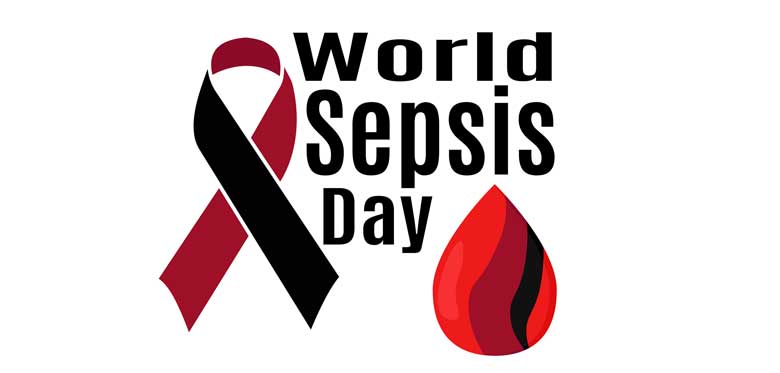To mark the 10th World Sepsis Day people are being urged to know the signs of the ‘hidden killer’ so they can get vital early treatment against a disease which can have a catastrophic impact on patients and their loved ones.
If undetected and untreated sepsis can be fatal, meaning knowing the symptoms is key to stopping it.
This World Sepsis Day (September 13) Stephensons Solicitors LLP wants to make sure everyone knows the symptoms to prevent any delay in them getting the care they need.
Figures from the UK Sepsis Trust estimate there at least 245,000 cases of sepsis in the UK each year.
Sepsis occurs when we develop an infection and our immune system starts attacking our own organs and tissues. If sepsis is left untreated it can lead to septic shock, causing your organs to fail, which can be fatal.
Laura Sheehan, in the clinical negligence department at Stephensons Solicitors LLP, said: “If sepsis is not spotted early enough it can be devastating, for both the person who has it and their family. As we mark the 10th World Sepsis Day I want to urge everyone to make sure they know the signs so they can spot them and get treatment quickly.
“At Stephensons we have dealt with many claims where patients or their families have spoken of delays in treatment or clinical negligence as factors in their sepsis diagnosis, highlighting just how important it is to spot the signs and get treated immediately.”
The symptoms of sepsis are different in children and adults
In adults, they can include slurred speech and confusion, extreme shivering or muscle pain, not passing urine in a day, severe breathlessness and discoloured/mottled skin are common signs of sepsis.
In children, the symptoms usually include rapid breathing, convulsions or fits, discoloured or pale skin, a rash that doesn’t fade when pressed, lack of energy and feeling abnormally cold.
If you suspect that yourself or your child is suffering from sepsis, you must seek medical treatment immediately.
Laura added: “During a pandemic such as COVID-19 we would expect to see even more cases of sepsis so it’s even more important to know the signs and then for people to be treated as quickly as possible.
“The longer it is left without treatment, the more likely that sepsis can have a catastrophic and life-changing impact on the patient and their loved ones, that’s why we want people to spot sepsis and get it treated.”
Sepsis can be treated successfully with antibiotics and many people make a full recovery. The longer it is left without treatment, however, the more likely it is that organ failure can occur and this can have lasting consequences for survivors.


